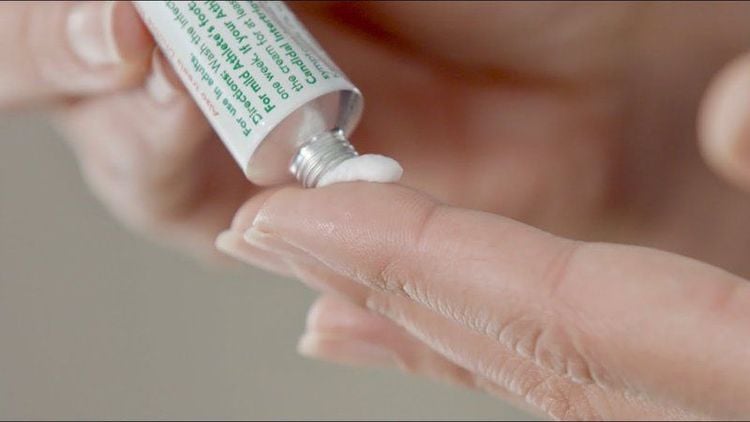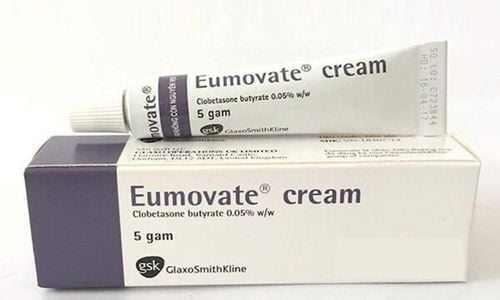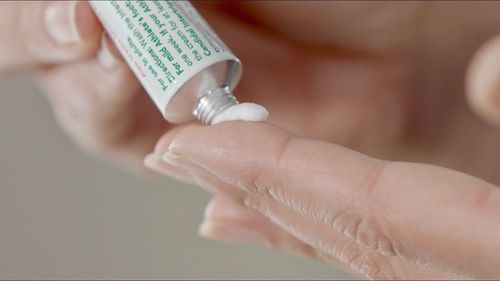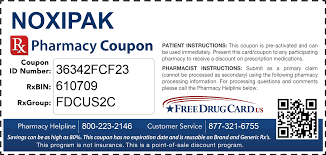This is an automatically translated article.
Diprolene medicine is used to treat many types of skin diseases such as eczema, dermatitis, allergies, rashes. Betamethasone reduces swelling, itching, and redness caused by these conditions. Diprolene is a potent to very potent corticosteroid. The strength depends on the form of medicine you are taking, whether it is cream, gel or ointment.1. Indications and contraindications of the drug Diprolene
Diprolene is indicated in the following cases:Skin T-cell lymphoma Seborrheic dermatitis Atopic dermatitis Contact dermatitis Granulomatous plaque psoriasis Scalp psoriasis Anal itching Vaginal itching skin rash that becomes thickened and discolored from rubbing Dermatitis Itching Dermatitis Pyoderma Diprolene is contraindicated in the following cases:
Hypothalamic and pituitary gland depletion People allergic to: Corticosteroids (Glucocorticoids) Propylene Glycol
2. How to use Diprolene
Read the leaflet provided by your doctor before you start using Diprolene and each time you get a refill. Diprolene should only be used topically. However, do not use it on the face, groin, or under the arms or to treat diaper rash unless directed by your doctor. Wash and dry your hands: Before applying Diprolene, wash and dry the affected area. Apply a thin film of Diprolene to the affected area and massage gently, usually 1-2 times daily or as directed by your doctor. Do not cover, bandage, or wrap the area where Diprolene is applied. If your doctor directs you to use Diprolene in the diaper area for your baby, do not use tight diapers or plastic pants when administering the medication. After applying Diprolene, wash your hands unless you are using this medicine to treat your hands. When applying Diprolene near the eyes, avoid getting it in the eyes because this medicine can worsen or cause glaucoma. Also, avoid getting Diprolene in your nose or mouth. If you get medication in these areas, rinse with plenty of water. Use Diprolene only for the condition for which it was prescribed. Do not use it for more than 2 weeks in a row or use more than 50 grams of gel or more than 45 grams of cream/ointment per week unless directed by your doctor. Inform your doctor if your condition persists or worsens after 2 weeks of using Diprolene. Diprolene is only prescribed for your current condition. Do not use it later for other skin problems unless directed by your doctor. Another medication may be needed in those cases. Tests such as adrenal function tests may be performed periodically to monitor your progress or check for side effects, especially if you have been using Diprolene for a long time or are topical. over large areas of the body. Inform all your doctors that you use or have used Diprolene medicine.

Thuốc Diprolene cần được sử dụng theo hướng dẫn
3. Diprolene side effects
While using Diprolene, you may experience burning, itching, irritation, or dryness at the site of application when you first apply this medicine to your skin. This should go away after a few days as your body adapts to the medicine. If any of the above effects persist or worsen, tell your doctor right away.
Remember that your doctor has prescribed Diprolene because he or she has judged that the benefit to you outweighs the risk of side effects. Many people use Diprolene without any serious side effects.
Tell your doctor right away if you have any of these unlikely but serious side effects of Diprolene: stretch marks, thinning/dark skin, acne, excessive/unwanted hair growth want , folliculitis.
Skin infections may get worse with the use of Diprolene. Notify your doctor if redness, swelling, or irritation does not improve.
Rarely, Diprolene may be absorbed from the skin into the bloodstream. This phenomenon can lead to side effects of using too much corticosteroids. These side effects are more likely to occur in children and in people using Diprolene for a long time or over large areas of skin. Tell your doctor right away if any of the following side effects occur: Unusual or extreme tiredness, weight loss, headache, swelling ankles/feet, increased thirst/walking urination, vision problems.
A very serious allergic reaction to Diprolene is very rare. However, if you notice any symptoms of a serious allergic reaction to Diprolene, seek medical attention right away. Side effects include: Rash, itching, or swelling anywhere anywhere, especially in the face, tongue, and throat; severe dizziness, trouble breathing.
Below are Diprolene side effects by likelihood.
Common side effects of Diprolene include:
Tingling sensation on the skin Erythema or redness of the skin Less common side effects of Diprolene include:
Infections of the skin and underlying tissues Folliculitis Skin spots large purple or brown skin Fragile skin Tingling sensation in the skin Reaction at the treatment site Skin rash Headache Itching Small red skin lesions due to thin blood vessels Sudden pain at the site of application
Rare side effects of Diprolene include:
Skin ulcers Central chorioretinopathy Cataracts Impaired function of the adrenal glands Decreased skin pigmentation Glaucoma Honeycomb Increased pressure in the eye Inflammation vesicular skin Inefficiency of the hypothalamus and pituitary gland Stretch marks An excess of sugar in the urine Heat rash Cushing's syndrome Skin rash with acne manifestations Blistering skin Dermatitis exposure Dry skin Hair loss High blood sugar Hirsutism Increased nerve sensitivity Change in skin color Skin irritation Rash around the mouth or lips This is not a complete list of possible side effects. Diprolene medicine. If you notice other effects of Diprolene not listed above, contact your doctor.

Thuốc Diprolene có thể gây kích ứng da
4. Measures to prevent side effects of Diprolene
Before using Diprolene, tell your doctor if you are allergic to this medicine; or other corticosteroids (eg, hydrocortisone, prednisone); and any other allergies. Diprolene medicinal products may contain inactive ingredients that can cause allergic reactions or other problems.
Before using Diprolene, tell your doctor or pharmacist your medical history, especially of:
Poor circulation Immune system problems Certain skin conditions if used gels such as rosacea, perioral dermatitis. Do not use Diprolene if the area to be treated has an infection or sores.
Before surgery or emergency treatment, or if you have a serious illness or injury, tell your doctor or dentist that you are using Diprolene or have used it within the past few months.
Although unlikely, Diprolene may temporarily slow a child's growth if used for a long time. See your doctor regularly so that your child's growth can be checked during treatment with Diprolene.
Women in pregnancy, Diprolene should only be used when absolutely necessary. Discuss the risks and benefits with your doctor.
That is, we do not know if Diprolene passes into breast milk or not. Medicines similar to this drug pass into breast milk. Consult your doctor before breast-feeding during treatment with Diprolene.
5. Diprolene drug interactions
Drug interactions can change the way Diprolene works or increase your risk of serious side effects. Make a list of all the medications you take such as prescription/nonprescription drugs and herbal products and share it with your doctor. Do not start, stop, or change the dose of any medicine while using Diprolene without your doctor's approval.
Some drugs that may interact with Diprolene are: oral corticosteroids such as prednisone.
6. What to do when using an overdose of Diprolene?
Diprolene may be harmful if swallowed. If you or someone else has overdosed on Diprolene and has severe symptoms such as fainting or difficulty breathing, call 911 immediately.
7. What to do when you forget to use Diprolene?
If you miss a dose of Diprolene, use it as soon as you remember. If you remember when it is almost time for your next dose, skip the missed dose. Use your next dose of Diprolene at the usual time and do not use double the usual dose.
8. How to store Diprolene
Store Diprolene at room temperature away from heat and light. Do not store Diprolene in the bathroom. Keep Diprolene out of reach of children and pets.
Do not flush Diprolene down the toilet or down the drain unless instructed to do so. Dispose of this medication appropriately when it has expired or is no longer needed.
Please dial HOTLINE for more information or register for an appointment HERE. Download MyVinmec app to make appointments faster and to manage your bookings easily.
Reference source: webmd.com












